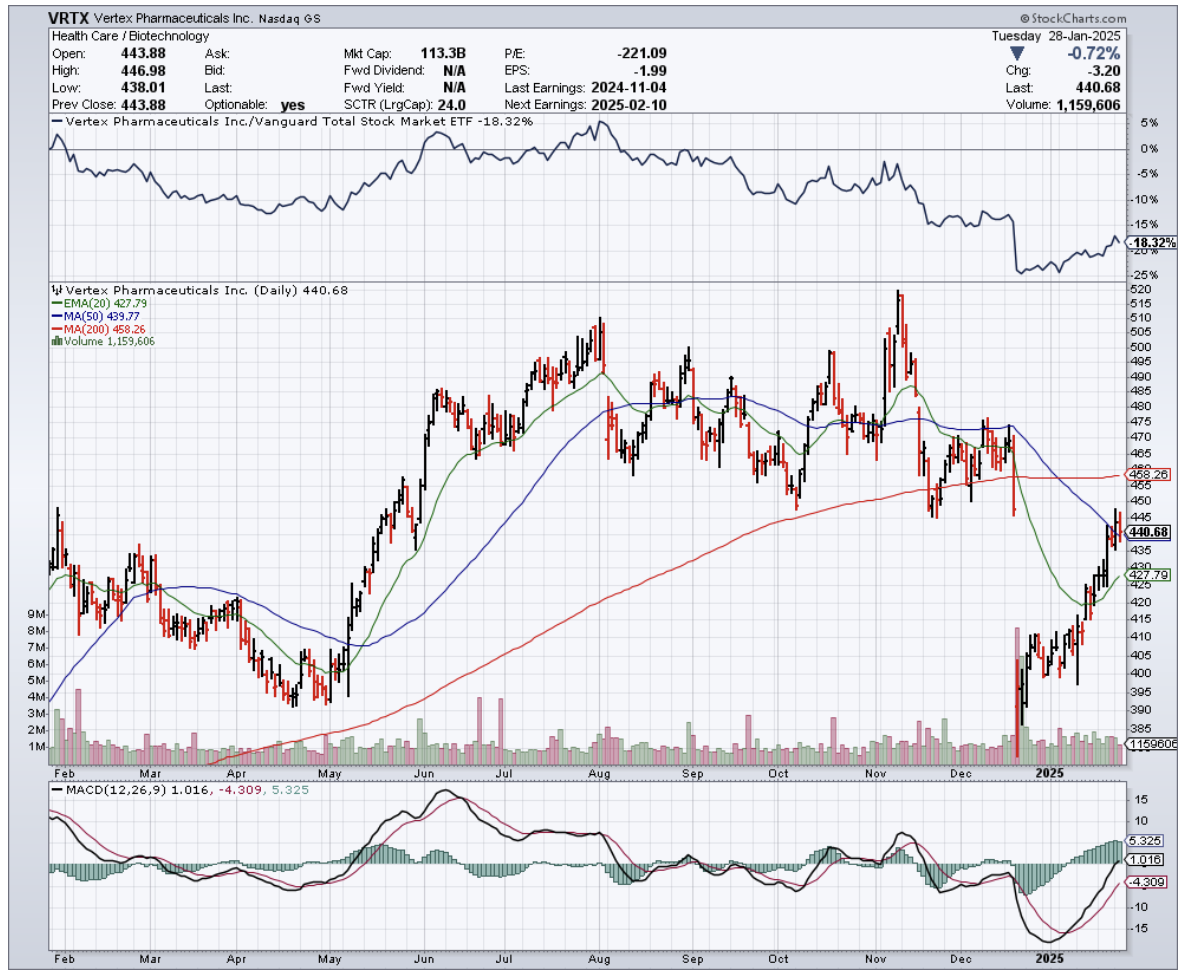A Critical Pain Point
Last week, while having dinner with an old friend who's an emergency room physician in San Francisco, I heard a story that stopped me cold. She had just lost another patient to an opioid overdose - the fourth one that month.
"We desperately need alternatives," she said, pushing away her plate. "Something that works without killing people."
She's not wrong. More than 80,000 Americans died from opioid overdoses in 2022 alone - that's about 75% of all drug overdose deaths in the country.
To put that in perspective, that's more than double the number of people who die in car accidents each year. In New York alone, opioid-related deaths have quadrupled between 2010 and 2020.
You can see where this is going. There's a massive market opportunity here for any company that can crack the code of non-addictive pain management.
We're talking about a potential market worth tens of billions of dollars. The holy grail? A drug that works as well as opioids without the devastating addiction potential.
Enter Vertex Pharmaceuticals (VRTX) and their sodium channel inhibitor VX-548, now known as suzetrigine. The company has been quietly plugging away at this problem, and I've been watching them like a hawk.
For those who've been following my previous coverage, you'll remember I wrote about their interesting (though modest) results in post-surgical patients a few months ago.
And here's where it gets fascinating. Vertex has been running multiple trials because - as any doctor will tell you - pain isn't just pain.
It comes in more flavors than Ben & Jerry's ice cream: acute, chronic, neuropathic, cancer-related, post-surgical, and don't even get me started on phantom limb pain.
Just before the holiday break, they dropped their latest results for suzetrigine in sciatica patients.
Now, I have to tell you something that might sting a bit. The drug worked - but so did the placebo. Both groups saw their pain decrease by statistically similar amounts.
Vertex argues the placebo response was unusually high and that a larger Phase III trial should smooth things out.
Maybe they're right - but I've seen enough clinical trials to know that placebo effects in pain studies can be trickier than a Wall Street hedge fund manager.
The FDA is expected to make a decision by the end of this month on suzetrigine for moderate-to-severe acute pain.
Despite the recent speed bump in the sciatica trial, I'm still keeping my eye on the bigger picture here. Vertex isn't a one-trick pony.
Their cystic fibrosis (CF) portfolio is absolutely crushing it. They just got FDA approval for Alyftrek ahead of schedule.
They've expanded Trikafta's approval down to patients as young as two years old, which is huge for their market potential. Plus, they’ve been aggressively pushing into international markets over the past months.
Now, let's talk numbers. Suzetrigine revenue is projected to hit $5 billion by 2035. That's not chump change, even if we hit some bumps along the way.
Trading at a P/S multiple of almost 10, Vertex isn't cheap - but then again, neither was Amazon (AMZN) in 1997.
Still, this biotech’s pipeline goes beyond pain management. We're looking at treatments for diabetic peripheral neuropathy, IgA nephropathy, type 1 diabetes, and even gene editing therapy.
So, here's the bottom line: Yes, the market got spooked by the Phase II data. Yes, there are risks. But remember - the FDA is under enormous pressure to approve non-opioid painkillers.
With 80,000 Americans dying yearly from opioid overdoses, they need solutions more than my trader friends need their morning coffee.
I'll keep watching this one closely. The pain management market is like a sleeping giant, and despite the recent hiccup, Vertex might just have the alarm clock.
or long-term investors, this could be one of those "I wish I bought it back then" moments.
Watch this space. The opioid crisis isn't going anywhere, but neither is Vertex's determination to solve it.
Sometimes the biggest opportunities come disguised as disappointments.




